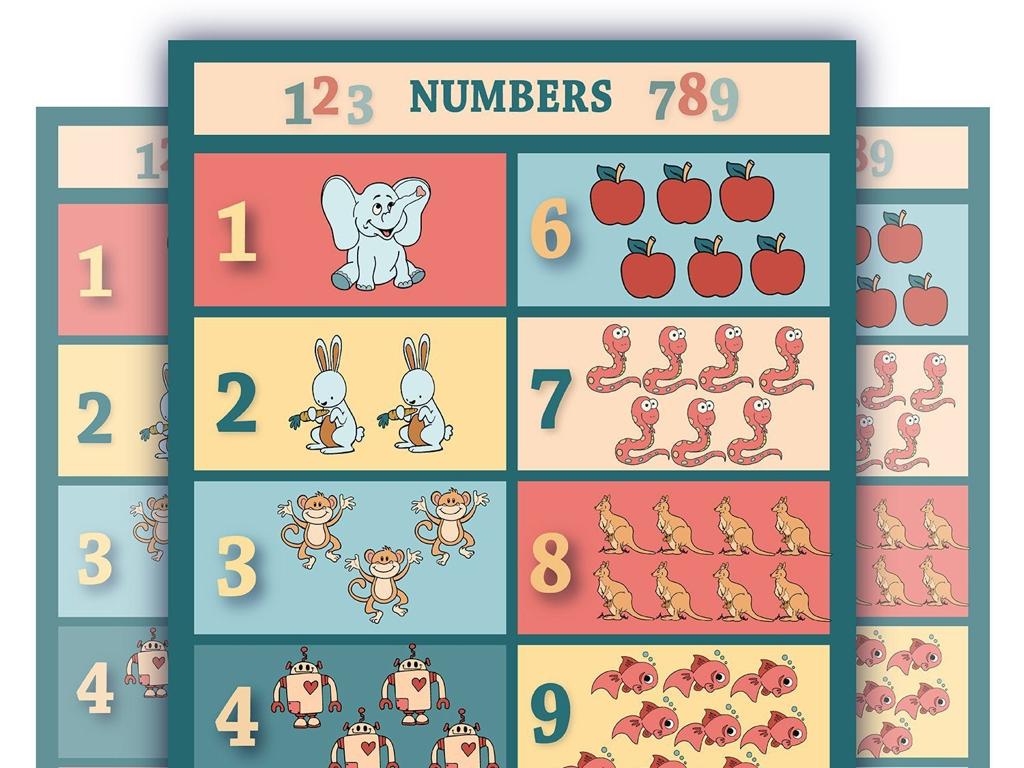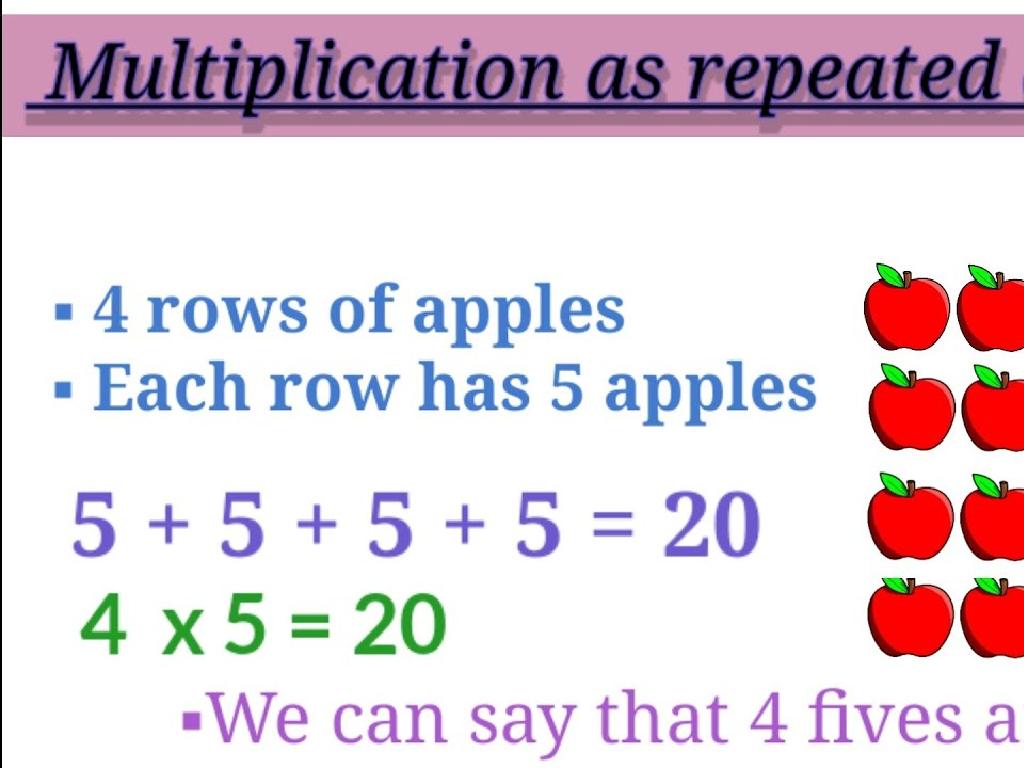Use Greek And Latin Roots As Clues To The Meanings Of Words
Subject: Language arts
Grade: Fifth grade
Topic: Greek And Latin Roots
Please LOG IN to download the presentation. Access is available to registered users only.
View More Content
Exploring Greek and Latin Roots
– Discover the World of Words!
– Learn English building blocks
– Roots are the word parts that give the basic meaning.
– Greek & Latin roots in today’s words
– Many English words are formed from ancient Greek and Latin roots.
– Unveil words’ history & meaning
– Knowing roots helps us guess the meaning of new words.
|
This slide introduces students to the concept that English is made up of many words that come from Greek and Latin roots. Begin by explaining that roots are like the foundation of a building – they are the base that supports the meaning of the word. Provide examples of common roots and how they form words we use every day. For instance, ‘bio’ means life in Greek, and we see it in words like ‘biology’ – the study of life. Emphasize that understanding these roots can help students deduce the meaning of unfamiliar words, enhancing their vocabulary and reading comprehension skills. Encourage students to become word detectives, looking for clues in the roots to unlock word meanings.
Exploring Word Roots
– Roots: the base part of words
– Greek & Latin roots in English
– ‘bio’ means life
– Example: ‘biology’ (study of life)
– ‘geo’ means earth
– Example: ‘geography’ (study of earth)
|
Roots are fundamental elements of words, especially in the English language, which borrows extensively from Greek and Latin. Understanding these roots can help students decipher the meaning of unfamiliar words. For instance, ‘bio’ is a Greek root meaning ‘life,’ which we see in words like ‘biology’ or ‘biography.’ Similarly, ‘geo’ is a Greek root meaning ‘earth,’ found in words like ‘geography’ or ‘geology.’ Encourage students to look for these and other roots as they read to enhance their vocabulary and comprehension skills.
The Power of Greek and Latin Roots
– Unlock new word meanings
– Roots are word parts that give clues to a word’s meaning.
– Enhance spelling and vocabulary
– Knowing roots helps guess the spelling and meaning of words.
– Ease learning new languages
– Roots are the foundation for many languages, not just English.
|
Understanding Greek and Latin roots is incredibly beneficial for students as it equips them with the ability to decipher unfamiliar words, which is a valuable skill in expanding their vocabulary. This knowledge also aids in improving their spelling as many English words are derived from these roots. Additionally, since many modern languages share these roots, learning them can make grasping new languages more intuitive. During the lesson, provide examples of common roots and how they form different words. Encourage students to think of words they already know and how they might be connected to these roots.
Exploring Greek Roots: ‘Tele’ and ‘Photo’
– ‘Tele’ means far away
– Examples: telephone, telescope
– ‘Photo’ means light
– Examples: photograph, photosynthesis
– Discover words with ‘tele’
– Find words with ‘photo’
|
This slide introduces students to the concept of Greek roots in English words, focusing on ‘tele’ and ‘photo’. Begin by explaining that many English words are derived from Greek language and understanding these roots can help decipher the meaning of new words. ‘Tele’ is a root that means ‘far’, and it’s found in words like ‘telephone’ (sound from far) and ‘telescope’ (see from far). ‘Photo’ means ‘light’, seen in words like ‘photograph’ (light drawing) and ‘photosynthesis’ (process of converting light to energy in plants). For the activity, students should use dictionaries or brainstorm in groups to identify more words that contain these roots. Encourage them to consider the meaning of the root and how it relates to the word as a whole. This activity will help reinforce their understanding of Greek roots and expand their vocabulary.
Exploring Latin Roots
– ‘Port’ means to carry
– Examples: transport (carry across), portable (able to be carried)
– ‘Dict’ means to speak
– Examples: dictate (to say aloud), dictionary (a book of words)
– Match roots with meanings
– Connect ‘port’ and ‘dict’ to their meanings in an activity
– Discover words using ‘port’ and ‘dict’
|
This slide introduces students to the concept of Latin roots in English words, focusing on ‘port’ and ‘dict’. Begin by explaining that many English words are derived from Latin roots, which can help us understand their meanings. Use ‘port’ and ‘dict’ as examples, showing how they form the basis of words like ‘transport’ and ‘dictionary’. For the activity, provide students with a list of Latin roots and their meanings for them to match. Encourage them to think of other words that may use these roots. This exercise will enhance their vocabulary and decoding skills, making it easier to understand unfamiliar words in the future.
Unlocking Word Meanings with Roots
– Break words into roots and affixes
– Roots are word parts that carry meaning; affixes are prefixes or suffixes.
– Use sentence context clues
– Clues in the surrounding text can hint at a word’s meaning.
– Practice with ‘Biology’
– ‘Bio’ means life, ‘logy’ means study of; Biology is the study of life.
– Practice with ‘Geography’
– ‘Geo’ means earth, ‘graphy’ means writing about; Geography is writing about the earth.
|
This slide aims to teach students how to dissect unfamiliar words by identifying their Greek and Latin roots, as well as any affixes that modify their meaning. By understanding the roots, students can often infer the definition of the word without needing to consult a dictionary. Additionally, context clues from the surrounding sentence or paragraph can provide hints about a word’s meaning. The words ‘Biology’ and ‘Geography’ serve as examples to illustrate how roots combine to give a clear indication of a word’s definition. Encourage students to practice this skill with other words and to share their findings with the class.
Class Activity: Create Your Root Word Tree
– Start with a Greek or Latin root
– Grow branches with related words
– Think of words that have the same root
– Each branch should show a word
– Write the words at the end of branches
– Get ready to present your tree
|
This activity is designed to help students understand the concept of word roots and how many words are derived from the same root. Students will choose either a Greek or Latin root and then brainstorm a list of words that stem from that root. They will draw a tree, with the root at the base and branches that represent the words they have thought of. This visual representation will help solidify their understanding of word formation. Encourage creativity in the design of their trees. After completing their trees, students will share with the class, explaining their chosen root and the words that come from it. This will also enhance their public speaking and presentation skills.
Unlocking Word Meanings: A Recap
– Recap Greek & Latin roots importance
– Understanding roots helps decipher new words
– Review today’s root examples
– Revisit roots like ‘bio’ (life) and ‘aqua’ (water) with examples
– Encourage root detective work
– Keep an eye out for roots in books and homework
– Reflect on today’s learning
|
As we conclude today’s lesson, remind students how Greek and Latin roots are the building blocks of many words in the English language. Review the roots covered in the lesson, such as ‘bio’ meaning life, found in ‘biology’, and ‘aqua’ meaning water, found in ‘aquarium’. Encourage students to become word detectives, looking for these roots in their everyday reading to help them deduce the meanings of unfamiliar words. Reflect on the activities and discussions of the day, asking students to share what they found most interesting about learning roots. This reflection will help reinforce their understanding and the practical application of this knowledge.






